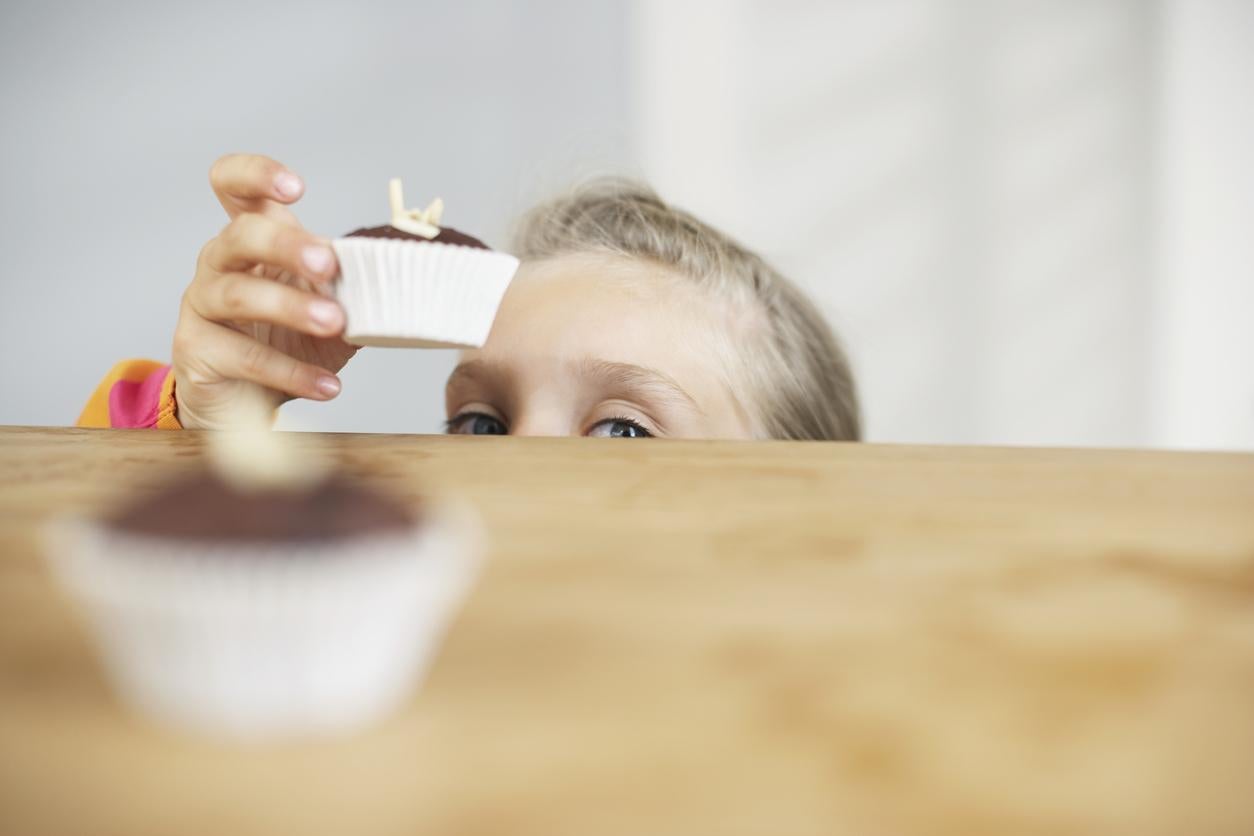Children who have friends with self-control more likely to develop willpower, study finds
The research builds on Walter Mischel’s famous 'Marshmallow Test'

Your support helps us to tell the story
From reproductive rights to climate change to Big Tech, The Independent is on the ground when the story is developing. Whether it's investigating the financials of Elon Musk's pro-Trump PAC or producing our latest documentary, 'The A Word', which shines a light on the American women fighting for reproductive rights, we know how important it is to parse out the facts from the messaging.
At such a critical moment in US history, we need reporters on the ground. Your donation allows us to keep sending journalists to speak to both sides of the story.
The Independent is trusted by Americans across the entire political spectrum. And unlike many other quality news outlets, we choose not to lock Americans out of our reporting and analysis with paywalls. We believe quality journalism should be available to everyone, paid for by those who can afford it.
Your support makes all the difference.Willpower is an elusive concept that many of us still struggle to master, walking past the office snack pile, while others manage to sit next to it without a hint of salivation.
But, as many of us know it isn’t always that simple.
Whether or not adults and children can learn self-control has been a topic of conversation for some time with Walter Mischel’s “Marshmallow Test” becoming synonymous with the concept of temptation.
But now, a new study is suggesting that willpower can be learned and is in fact a trait that’s influenced by social forces.
In Mischel’s original study in the 1960s, children aged between three and five-years-old were given a marshmallow that they could eat immediately.
But they were told that if they resisted eating it for 10 minutes, they would be rewarded with two marshmallows.
Most children saw the test as a no-brainer and opted to wait for two marshmallows but this was largely credited to children either being good at distracting themselves or having more self-control to begin with.
A follow-up study in 1990 later revealed that children who had the willpower to wait for the extra marshmallow exhibited advanced traits of intelligence in their teens compared to those who gave in to temptation.
Expanding on this seminal study, new research conducted by the University of Colorado, believes that self-control has less to do with being an innate trait and more to do with the company we keep.
For the study, researchers Yuko Munakata and Sabine Doebel randomly assigned American preschoolers to a group which either waited or didn’t wait to be given two marshmallows.
In a bid to enhance the children’s identification with their group, they were also told that there was another group, who did the opposite of theirs.
They found that children waited longer for two marshmallows if they were told their group members also waited and that the opposing group members did not.
The children who were told their group members waited also lasted longer than those who weren’t told anything about their group’s behaviour.
The researchers believe that the behaviour of the group directly influenced the value the child placed on self-control and therefore proves that social forces can influence willpower. children.
As a result, they suggest that parents may be able to help children build this skill by exposing them to role models who demonstrate and value self-control, while adults may be able to increase their willpower by spending time around friends who already use it.
Join our commenting forum
Join thought-provoking conversations, follow other Independent readers and see their replies
Comments